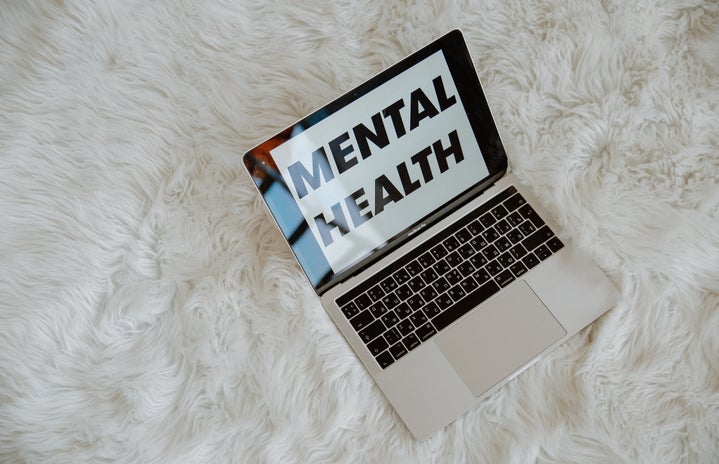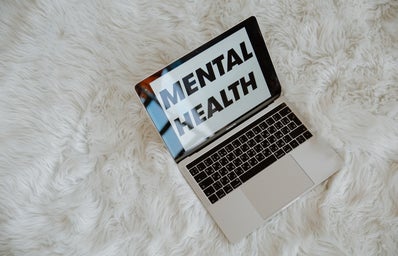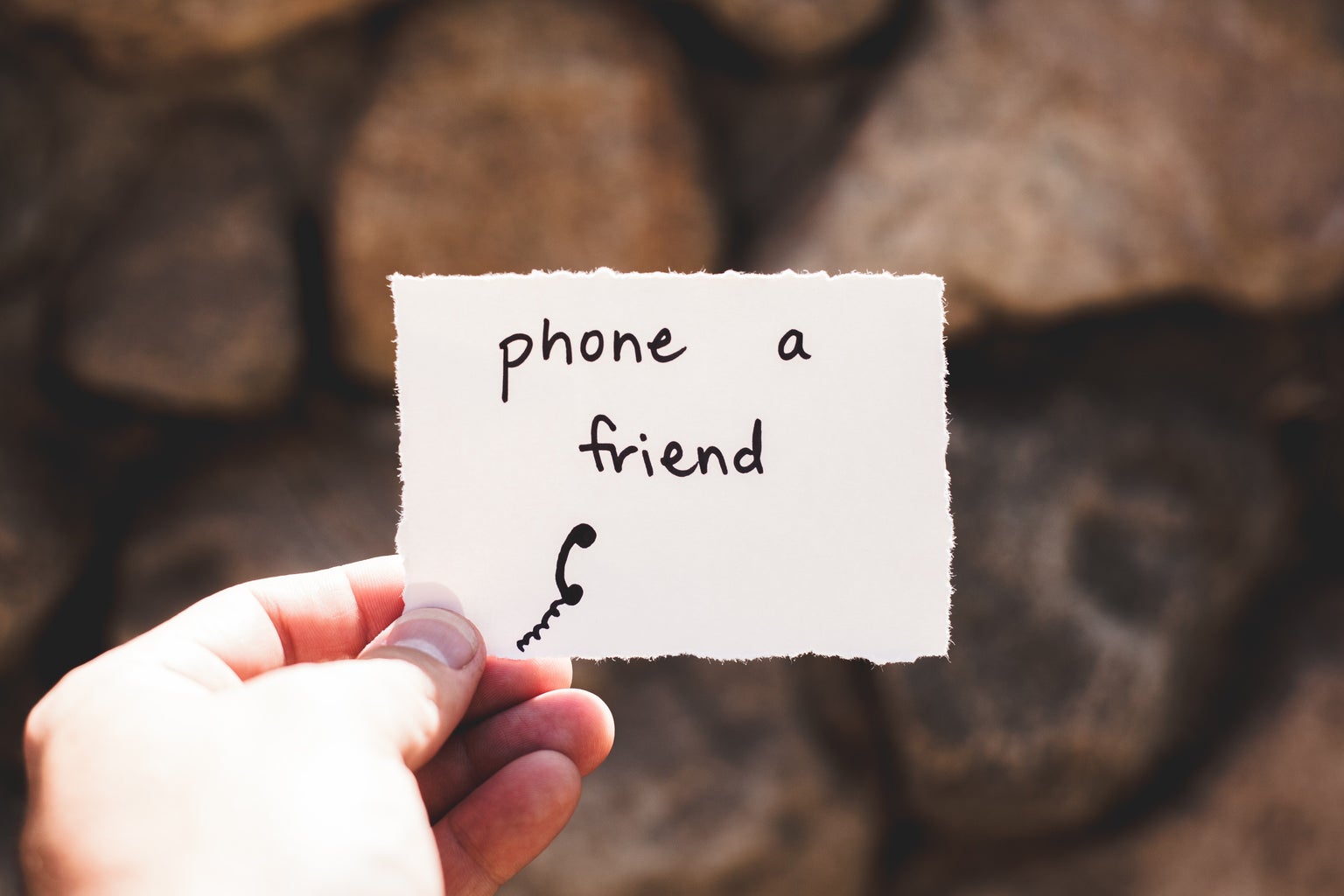Why being told, “it could be worse” isn’t as helpful as we may think.
Picture this: you’ve had a rough day.or maybe you’ve had a rough few weeks, months, or year. You decide to talk to a friend or family member in confidence, sharing with them all of your trials and tribulations, how you’ve been feeling, and expressing to them that life just has not been going your way. After intently listening to you, they sympathize with you and are upset that you haven’t been feeling your best. They obviously care about you and want you to be happy. They offer up some advice: “It could be worse, everything happens for a reason. Just keep your head up and stay positive.”
If you’re anything like me, you’ve heard these words before. You may have even given them to someone and you’ve definitely told yourself these things in an attempt to create a “positive mindset,” or to get yourself through a difficult situation.
We’ve all been there; whether in conversation with a friend, family member, therapist, or even ourselves, being forced to cover up any sort of “negative” emotion and brush off how we truly feel is not an uncommon occurrence. When being told, “everything happens for a reason,” or, “look on the bright side,” chances are that person has your best interest at heart. However, the social dilemma of toxic positivity has overtaken our interactions and how we deal with so-called “negative” emotions.
The question is, why do we cover up these valuable human experiences? It is true that we don’t necessarily “want” to feel upset, anxious, or miserable. But why do we want to pretend that we feel otherwise? Why should we delegitimize these feelings? In a culture where having a tough exterior, and acting “hard” is inherently valued or gives the idea that a person is “strong” and therefore admirable, we have erased the true human experience involving vulnerability and legitimizing others’ feelings of sadness and even grief.
Why It’s Problematic
The “toxic positivity” mindset can lead to feeling shame or guilt when you are anxious or depressed. Many of us know the feeling of having someone tell us when we are sad that we should be grateful; they say “other people have it way worse than you do.” While this is true, it is not erasing the anxiety or depression, but rather assigning shame to those experiencing it, like many other classic, toxic positivity phrases.
In a 2019 article published by The Psychology Group, licensed psychologists Samara Quintero and Jamie Long detail the negative impacts of the persistent “positive vibes” attitude that is constantly being promoted, explaining, “when positivity is used to cover up or silence the human experience, it becomes toxic. By disallowing the existence of certain feelings, we fall into a state of denial and repressed emotions… By pretending that we are ‘positive vibes all day,’ we deny the validity of a genuine human experience.” It is important to remember that feeling upset is part of our healing process as human beings, and we should let ourselves experience these feelings instead of suppressing them in order to truly heal.
If you’re struggling with mental health on campus, there are steps you can take. The University offers several counseling and psychiatric services including resources aimed to combat Covid-19 related mental health struggles.
Getting Rid of the Toxicity
So, how can we combat this toxic mindset? How can we promote healthy positivity? In my own life, I’ve been trying to figure out how to uplift the people I care about without diminishing their feelings or subconsciously making them feel guilty about their emotions. I’ve realized that, nine times out of ten, people close to you just want someone who will listen.
A great listener is a great friend. Assure them that no matter what they are feeling or going through, you’ll be there to listen and support them when things get difficult. A simple, “I’m sorry this is all happening. I’ll be here if you need to talk,” or asking them, “what can I do to help?” will always go a long way. We can’t always fix others’ situations or magically make them feel better. But we can avoid brushing off their feelings, delegitimizing their experiences, and be there to emotionally support the people we care about when we are in the right headspace to do so. To do this, we need to leave behind the idea of toxic positivity and allow people to experience their emotions, encouraging them to get through it instead of getting over it.



